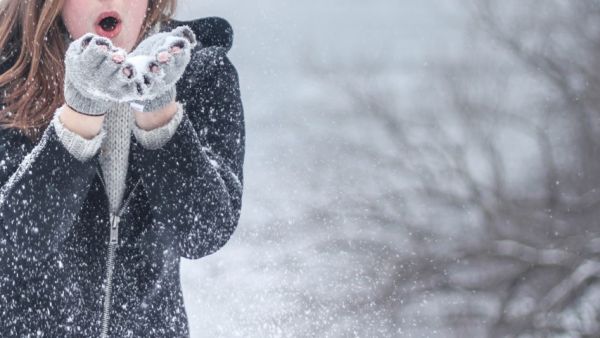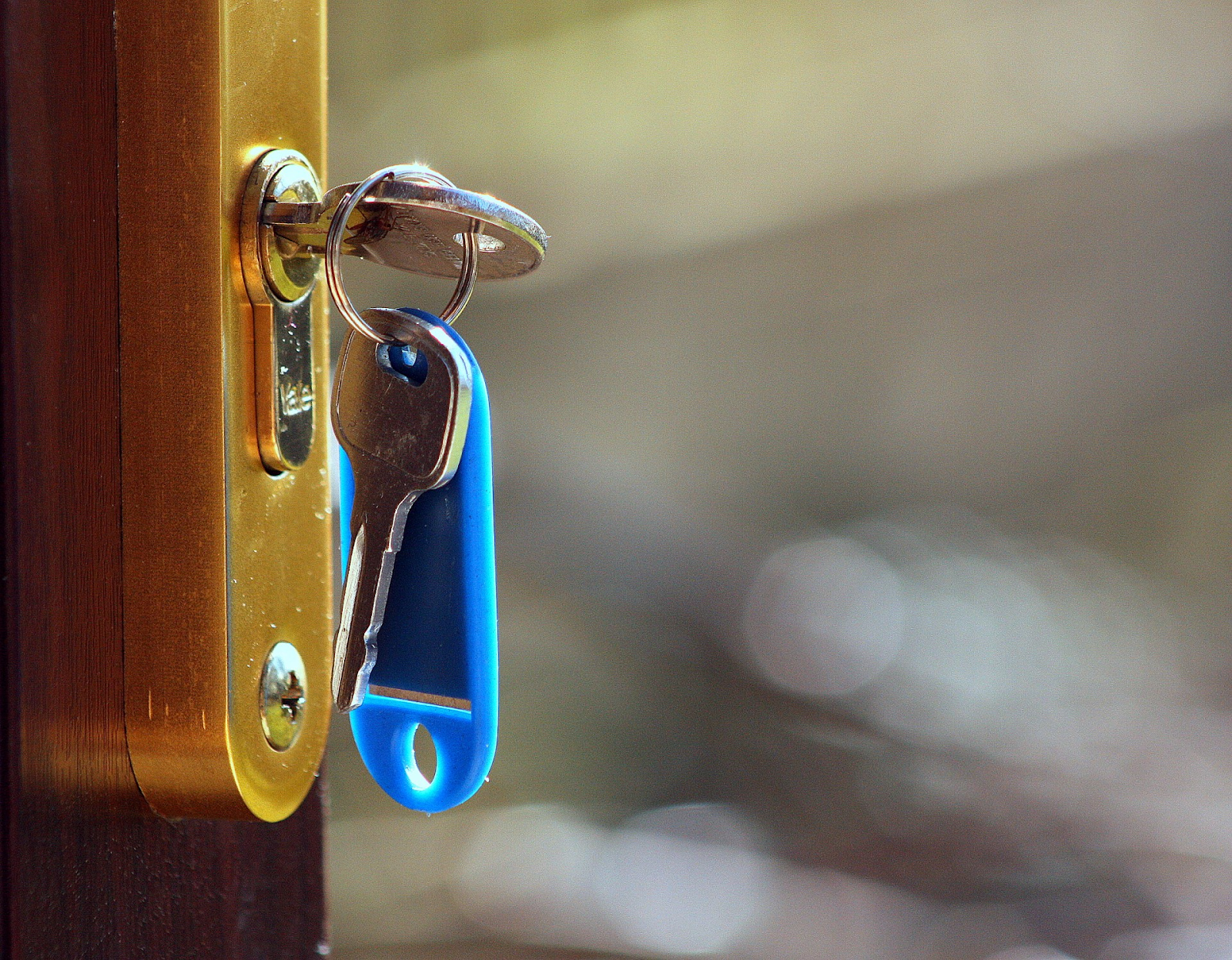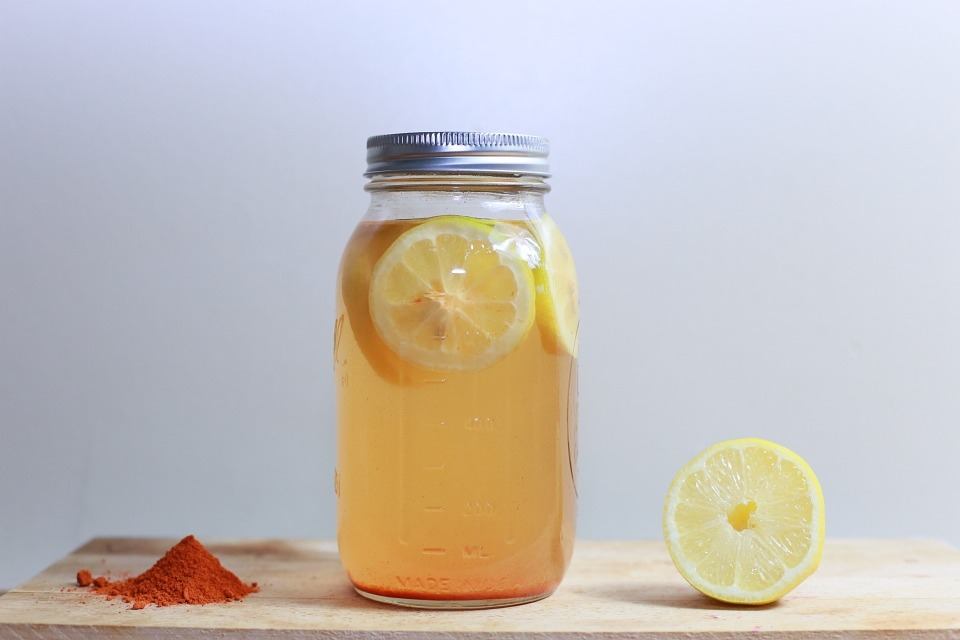It's safe to say that winter is finally truly upon us although the weather here hasn't got the notice yet! For those of us who love the colder seasons and everything they bring - festivities, cozy clothes and hot chocolate - it's a welcome change from the summer heat. For those who aren't quite as keen on the icy temperatures, it might not be greeted as fondly! But the important thing to remember, whatever your opinion on winter, is that we all need to stay warm, safe and healthy. The beauty that winter can bring is incomparable - red leaves on the trees and a snowy path leading up to your front door. But, she can also be a cruel mistress. Freezing temperatures, dark nights and excess ice can all wreak havoc on our homes and our daily lives if given the chance to do so. With that in mind, it's vital that you prepare you and your family against the elements so you can enjoy a safe and peaceful winter.
Keeping warm
These days, it is fairly common knowledge that being in a cold environment doesn't actually give you a cold or the flu. This is because colds and flu are caused by viruses, rather than from developing a chill. However, you do need to bear in mind that living in a particularly cold home does carry certain health risks. These risks mainly affect you if you suffer a pre-existing condition. Health problems such as heart and lung diseases can be made much worse by breathing in large amounts of cold air, as this can increase blood pressure. It is recommended that you keep your home heated to a temperature of around 64 degrees Fahrenheit during winter (18 degrees Celsius). If you are wearing warm clothing and tend to be active around the home, however, you may want to reduce this temperature slightly. Of course, no one wants a huge energy bill to hit them just after Christmas. So look at ways you can insulate your home to make it more energy efficient. Seal up any gaps, such as under doors or windows, to keep out draughts. Buying some insulating material for your pipes and water boiler can help protect your family home from any burst pipes too. This kind of action can help you get better use out of your energy supplies and help to keep high costs at bay.
Keeping safe
For criminals, there is no better time to operate than in the dead of winter. It gets dark around 4pm - sometimes even earlier depending on where you live. Plus, many people spend time out of their homes for events such as Halloween and Thanksgiving. Therefore, you are much more likely to have your home burgled during the winter season. The most obvious thing to do is to always lock your doors - although you would be surprised at how many people fail to do this, even if they are actually leaving the house for a short time. Your windows should always lock from the inside too, so make sure you have all the keys accounted for. The next most important thing is to deter burglars from even targeting your home in the first place. A report by the University of North Carolina found that homes that contained a security system deterred 60% of burglars. With this in mind, it can definitely be worth investing in one for your own home. Sites such as http://www.securepenguin.com/frontpoint-security-review/ can help you decide which one to choose. Aside from a good alarm system, always ensure that you keep any valuables such as phones, keys and laptops out of clear sight when you leave the home.
Keeping healthy
Even though cold weather itself doesn't tend to actually cause any health ailments, there are certain viruses which are more common in the winter months. Sore throats are common at this time of year and are easy to catch off other people without really knowing it. Drinking lemon and honey, or gargling with salt water is a safe and natural way to help alleviate any symptoms. Cold, windy weather can also cause problems for people with serious asthma. If you suffer from this condition, it is best to avoid going outside on days where the weather is extreme. If you have to, drive, or get a friend to pick you up. Norovirus is another viral sickness bug that tends to strike more commonly in winter. If either you or your family contracts this nasty bug, make sure you stay in bed and drink plenty of fluids to avoid dehydration. We can also be at risk to other physical ailments such as broken bones during winter, due to ice and snow on the sidewalks. Equip yourself and your family with sensible shoes for when it snows - a pair of sneakers, unfortunately, isn't going to cut it! Choose shoes with added grip on the sole to help prevent any potentially dangerous accidents.


















